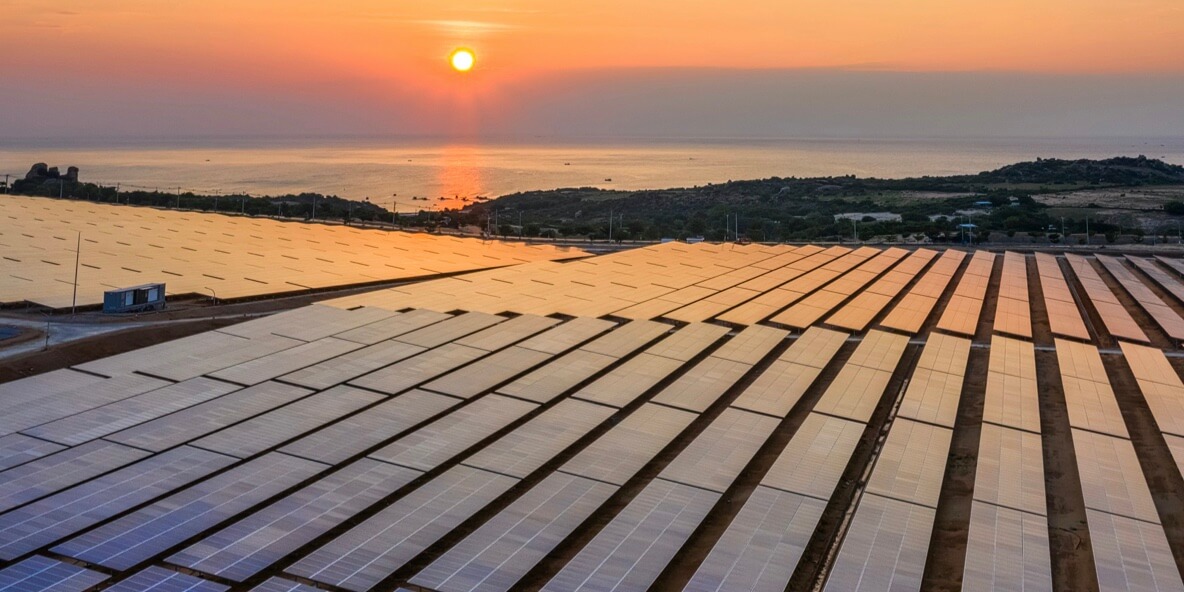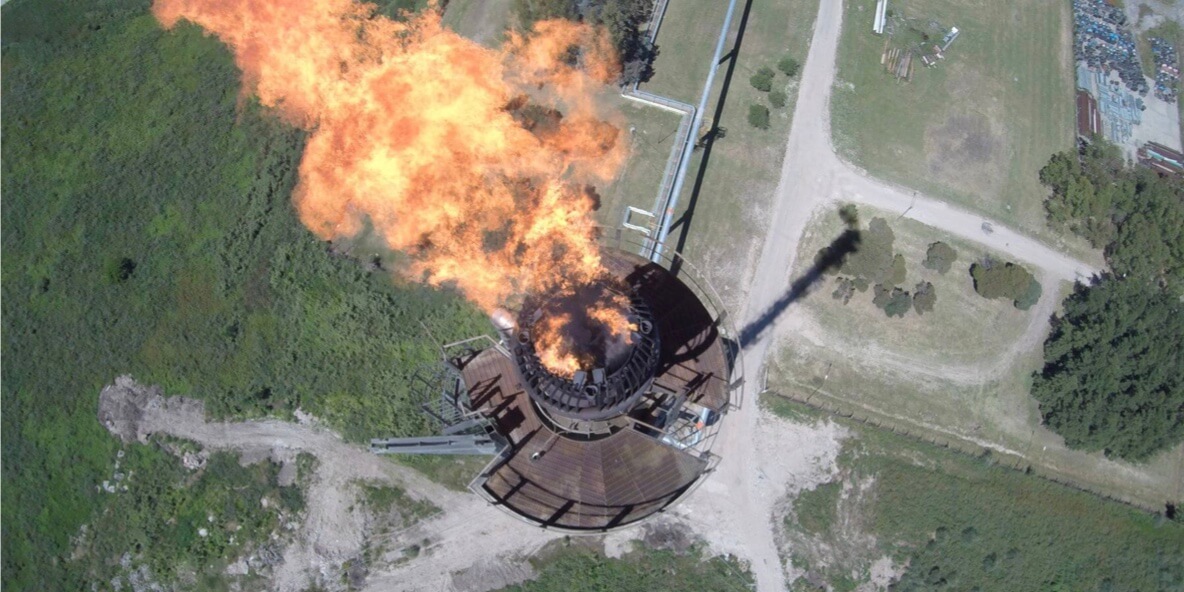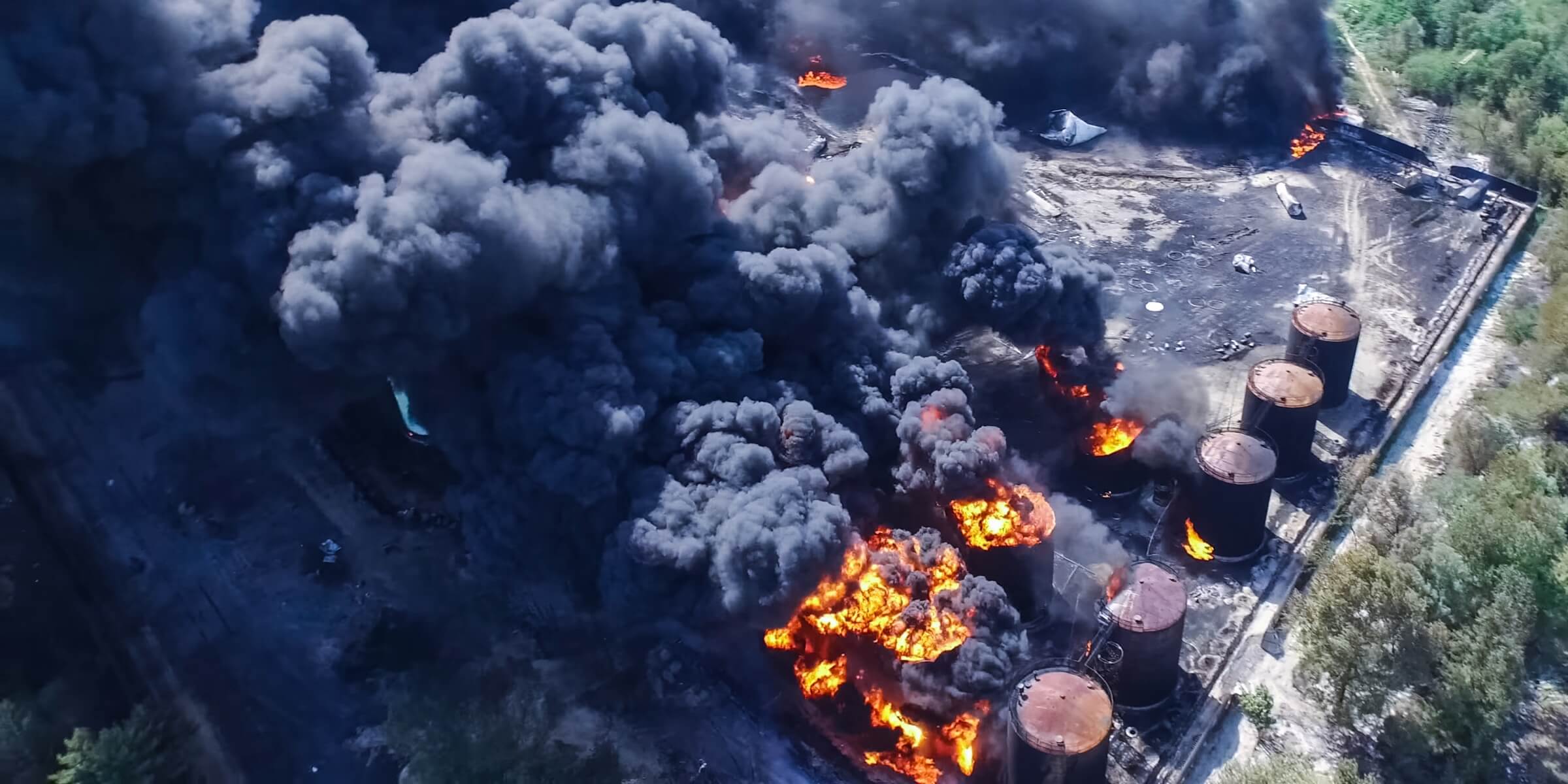Production and Refinery Management
Production and refinery management using drones has emerged as a game-changing application in the industrial sector, offering advanced capabilities for monitoring, inspection, and optimization of production facilities and refineries.
Benefits Of Production and Refinery Management
Monitoring Infrastructure
Drones can be used to monitor the overall infrastructure of production facilities and refineries. They provide a comprehensive view of the site, helping operators identify potential issues such as leaks, equipment malfunctions, or structural damage.
Inspection and Maintenance
Drones are equipped with high-resolution cameras and sensors, enabling close inspection of equipment and structures. This can be especially useful for inspecting hard-to-reach or hazardous areas without the need for human entry. Regular inspections facilitate proactive maintenance, reducing downtime and extending the lifespan of assets.
Enhanced Safety
Using drones for inspection and monitoring tasks improves safety by minimizing the need for human personnel to access potentially dangerous or high-risk areas. This reduces the risk of accidents, injuries, and exposure to hazardous substances.
Using Drones

Challenges
- Regulatory Compliance: Adhering to aviation regulations and obtaining necessary permissions for drone operations can be complex. Regulatory compliance is crucial to ensure legal and safe drone usage in industrial settings.
- Security Concerns:Drones can be vulnerable to hacking, and their data transmission may be at risk. Ensuring the security of drone communications and data storage is essential to prevent unauthorized access and potential threats.
- Data Management and Integration: Handling large volumes of data generated by drones during inspections or monitoring can be challenging. Integrating drone-generated data with existing systems and databases requires efficient data management strategies.
- Limited Flight Time and Range: Most drones have limited flight time and range. This can be a constraint in large industrial areas, and frequent battery changes or recharging may be necessary, affecting operational efficiency.
- Weather Conditions: Adverse weather conditions, such as strong winds, heavy rain, or low visibility, can impact the performance and safety of drone operations. Managing operations in challenging weather environments poses a significant challenge.
- Skill Requirements:Operating drones for production and refinery management requires skilled personnel. Training and retaining skilled drone pilots and technicians who can operate and maintain the equipment proficiently can be a challenge.
How Works
- Inspections:Drones equipped with high-resolution cameras and sensors can be used for regular inspections of production facilities and refineries. They can capture detailed imagery and data, providing a comprehensive view of infrastructure conditions. This includes checking for signs of wear and tear, corrosion, leaks, and other potential issues.
- Monitoring and Surveillance:Drones can be employed for real-time monitoring and surveillance of large industrial sites. They can cover vast areas quickly and efficiently, providing live video feeds to operators. This enables prompt response to any emergencies, security breaches, or abnormal activities.
- Asset Management:Drones can assist in managing and maintaining assets within the production and refinery environments. By capturing data on the condition of equipment, storage tanks, pipelines, and other assets, organizations can implement proactive maintenance strategies, preventing costly downtime.
- Environmental Monitoring: Drones equipped with sensors can monitor environmental parameters such as air and water quality. This is particularly important in refinery settings where compliance with environmental regulations is crucial. Drones can help detect and mitigate potential environmental hazards.
Explore More Content

One key application of drones in production and refinery management is facility inspection. Drones can access challenging or hazardous areas, such as tall structures, pipelines, or storage tanks, providing a comprehensive visual assessment of equipment integrity and identifying potential maintenance needs.

The monitoring of production processes is another critical aspect where drones excel. Equipped with high-resolution cameras and sensors, drones capture real-time data on equipment performance, process efficiency, and environmental conditions. This data is invaluable for optimizing production workflows, identifying bottlenecks.

In the realm of oil refineries, drones play a crucial role in pipeline inspection. They can efficiently survey extensive pipeline networks, detecting leaks, corrosion, or structural issues. This proactive approach to pipeline monitoring enhances safety, prevents environmental hazards, and contributes to regulatory compliance.

Drones also facilitate environmental monitoring and compliance. By capturing data on emissions, air quality, and potential environmental impacts, drones assist in ensuring that production and refinery activities adhere to environmental regulations. This data-driven approach allows companies to address environmental concerns promptly and implement sustainable practices.